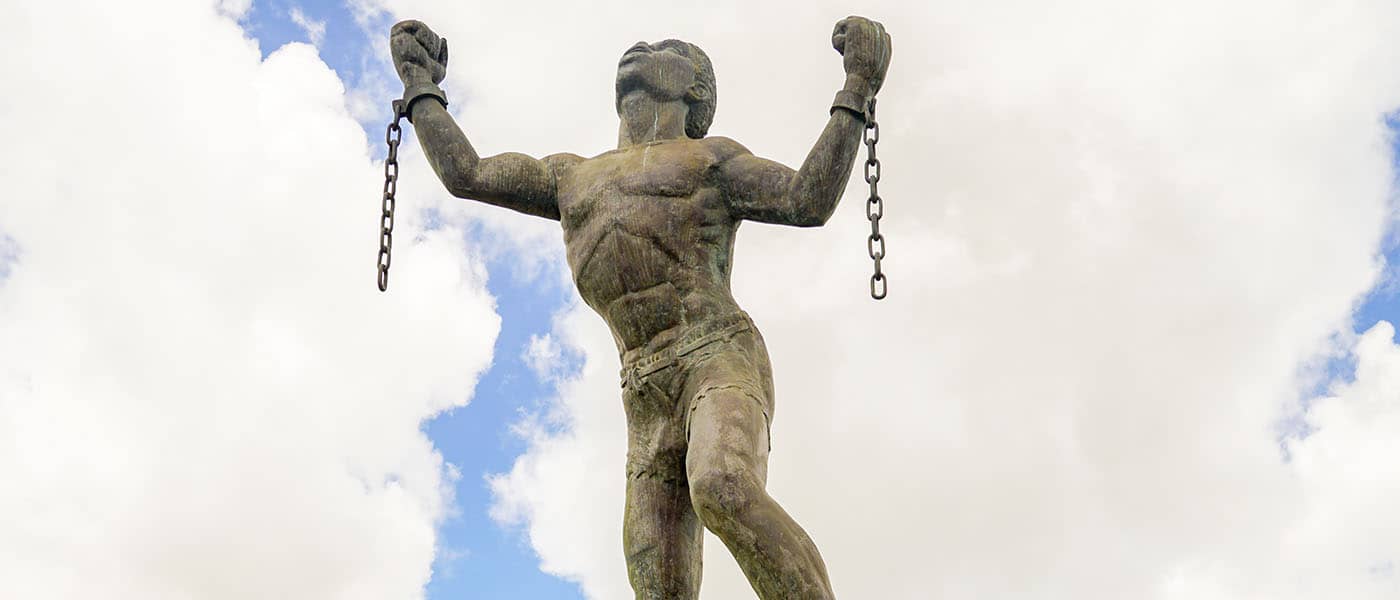
Antigua and Barbuda Reparations Support Commission (ABRSC)
Today – August 23 – is recognized since 1998 as the International Day for the Remembrance of the Slave Trade and its Abolition as designated by UNESCO – to memorialize the European transatlantic slave trade.
The date marks the birth of the Haitian revolution in 1791 which not only led to the creation of the first Black independent nation in our hemisphere but also played a major role in the abolition of the crime against humanity that trafficked African human bodies between Africa, Europe, the Americas and the Caribbean.
The European transatlantic slave trade was a major international commercial operation, with great financial investments by and profits to Governments, royal families and thousands of private entrepreneurs.
It is estimated that of the approximately 2.3 million enslaved Africans were disembarked in the British Caribbean between the 17th and early-19th centuries, only six hundred and sixty-five thousand (665,000) could be counted at abolition in 1834.
Here in Antigua, only twenty-eight thousand (28,130) of the one hundred and forty thousand (140,000) transported here remained in 1834.
Commemoration of this day forces us to reflect not only on the inhumanity of the trade and slavery itself but on the obvious genocide committed against African peoples as revealed in the major reduction in African populations.
ABRSC calls on our peoples to also reflect on the reasons for the abolition of both slavery and the slave trade and to recognize the pivotal role played by our rebelling and revolting ancestors against their bondage.

It is estimated that – on average – there was one major revolt every two years in our region. Chairman of the CARICOM Reparations Commission, Sir Hilary Beckles conceives of the period between 1638 and 1838 as the ‘200 Years War’ – one protracted struggle of revolts and plots launched by Africans and their Afro-West Indian progeny against slave owners’
We note also that here in the Caribbean the mass enslavement of Africans was preceded by genocide against indigenous populations.
Today – the global struggle for reparatory justice demands more than the remembrance suggested by UNESCO and calls for both European repentance for and repair of the immense inter-generational damage inflicted on African peoples – whether on the continent or in the diaspora, and the indigenous peoples of our region.
Today is not a day of celebration. It is one which calls for collective recognition and solemn reflection on the immense historical wrongs committed by Europe.
It is one which calls for commitment to the struggle for reparations and reparatory justice that must, as far as possible, wipe out all the consequences of the illegal acts of the genocide of indigenous people, the slave trade and slavery. It is a call for our right to unimpeded development.
CLICK HERE TO JOIN OUR WHATSAPP GROUP
CLICK HERE TO JOIN OUR WHATSAPP GROUP
Advertise with the mоѕt vіѕіtеd nеwѕ ѕіtе іn Antigua!
We offer fully customizable and flexible digital marketing packages.
Contact us at [email protected]
















https://www.youtube.com/watch?v=4mqyUYmqrh0
https://www.youtube.com/watch?v=UXkn1tkJIuA
How is it possible for a race to reject his own brotherman?
Discrimination between black people is bigger than between Black and any other race.
Comments are closed.